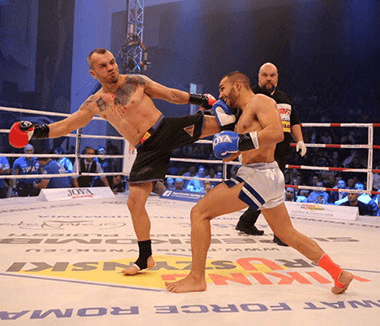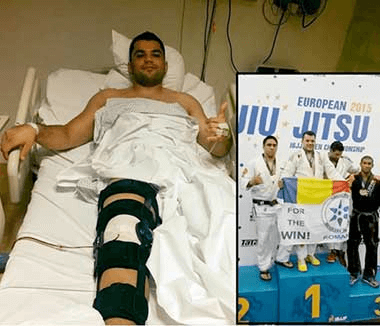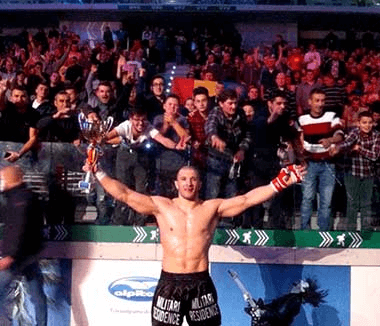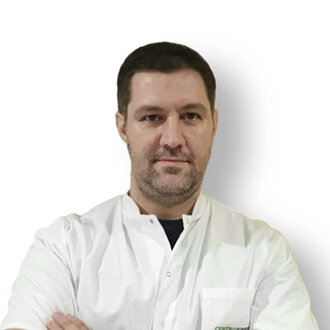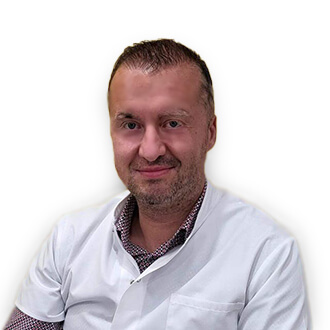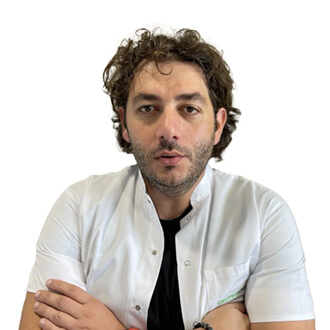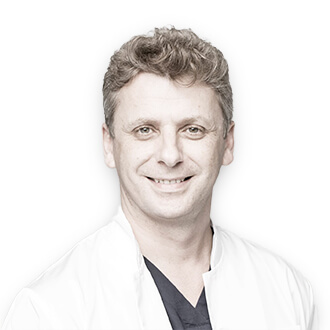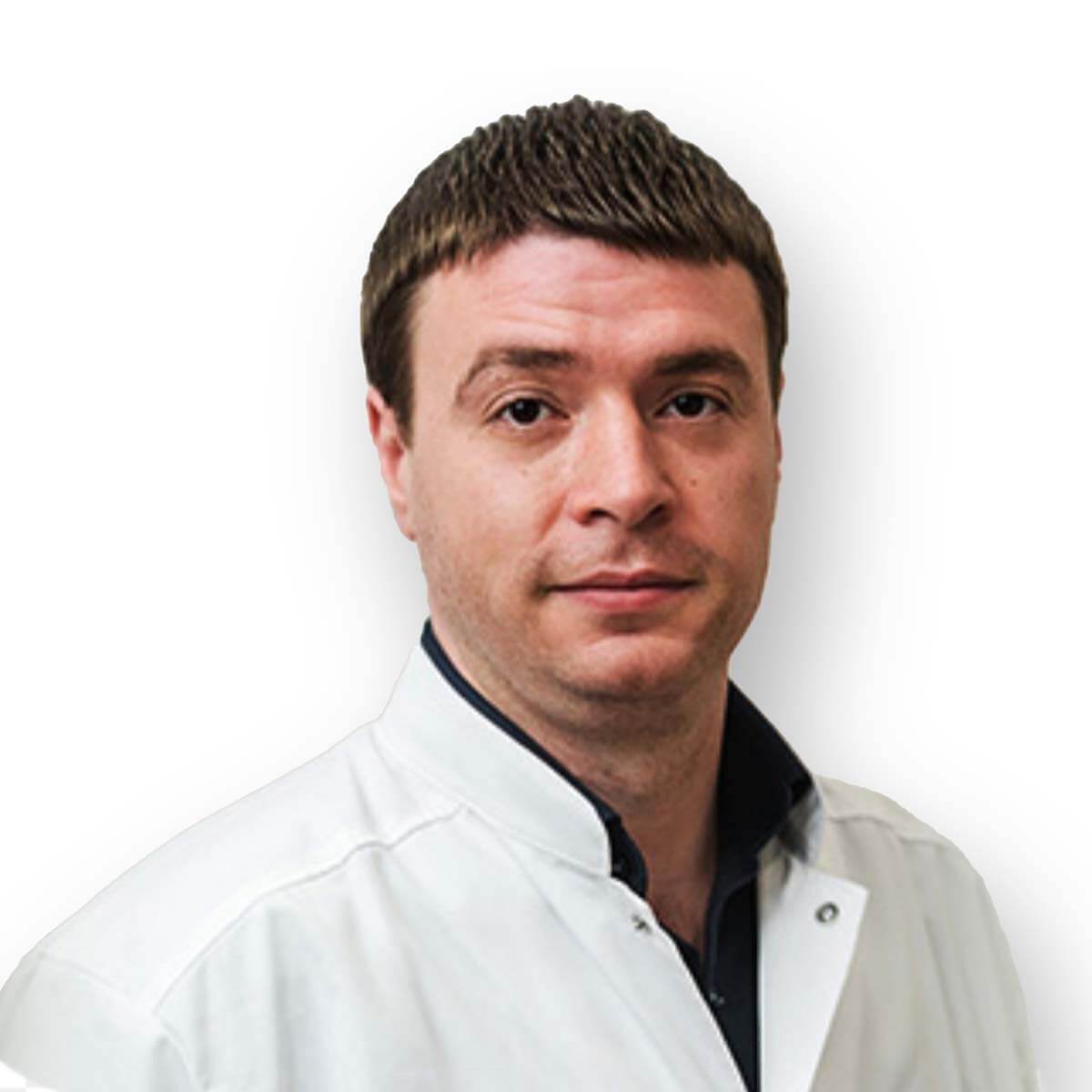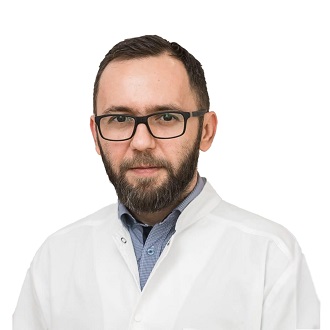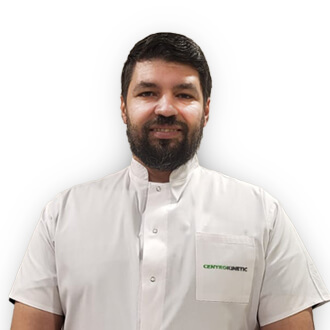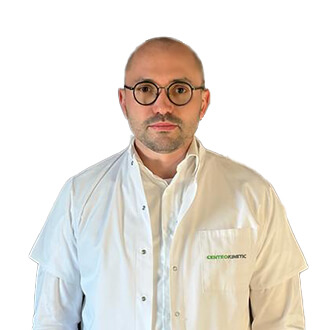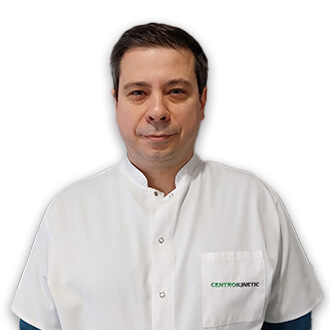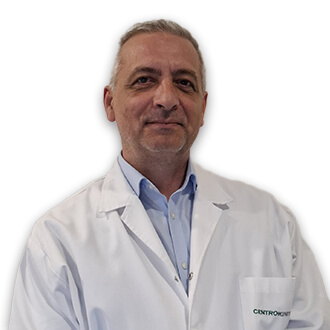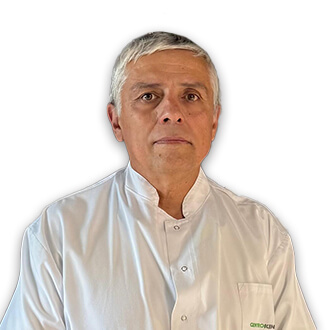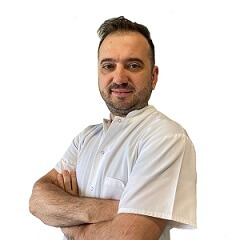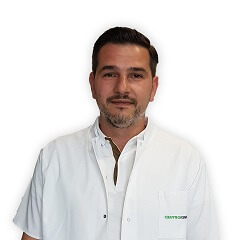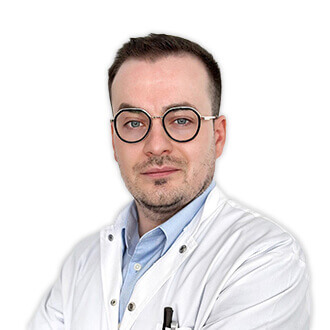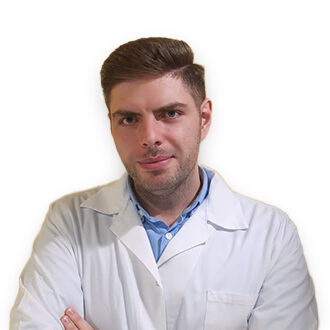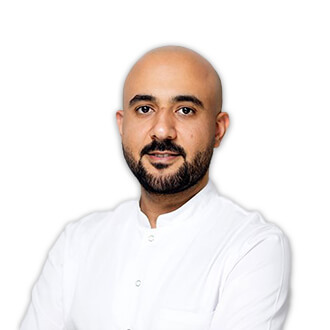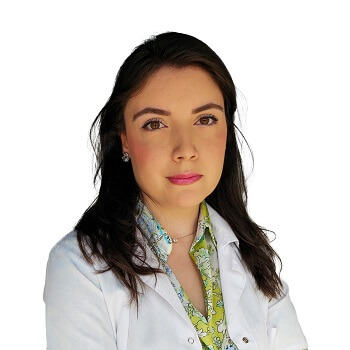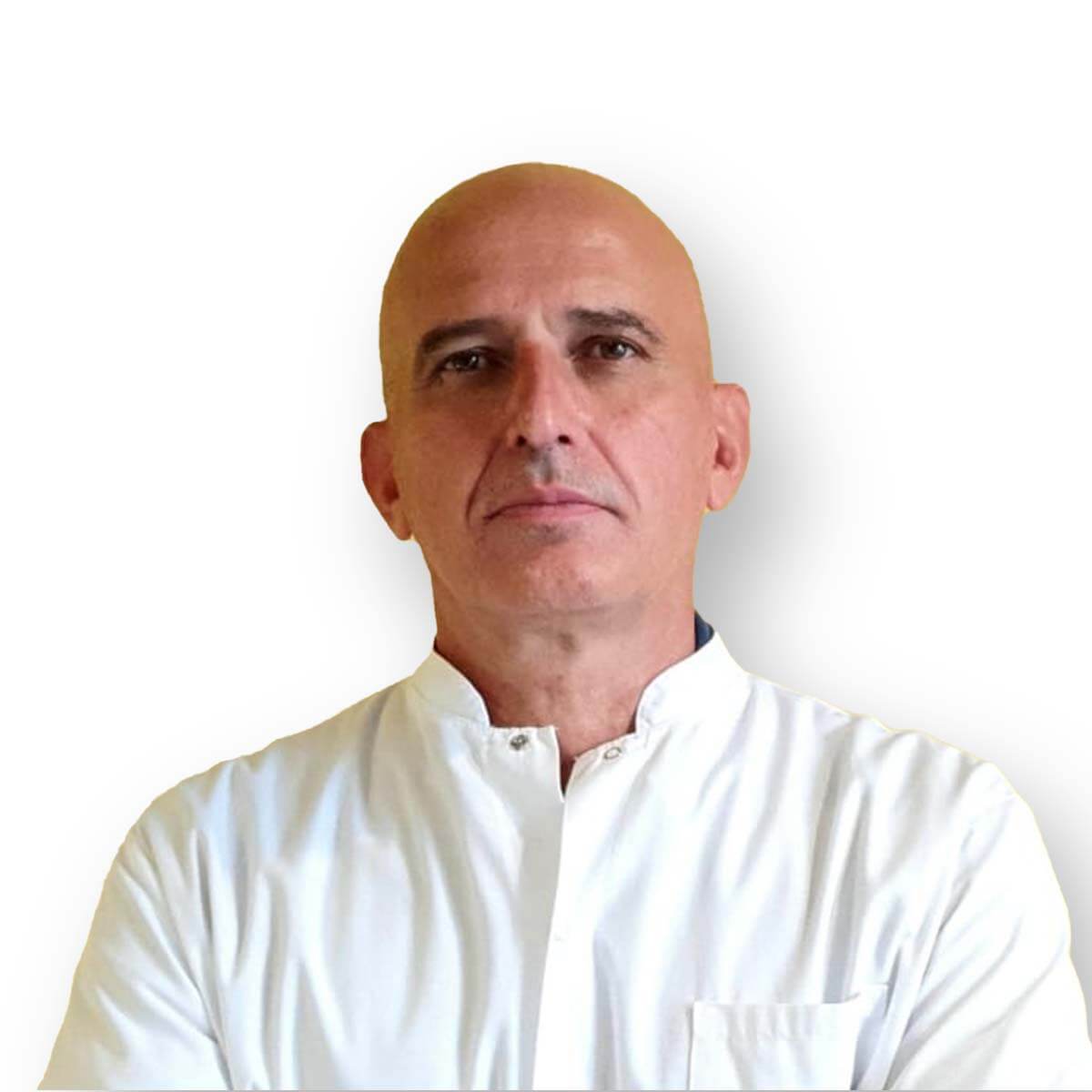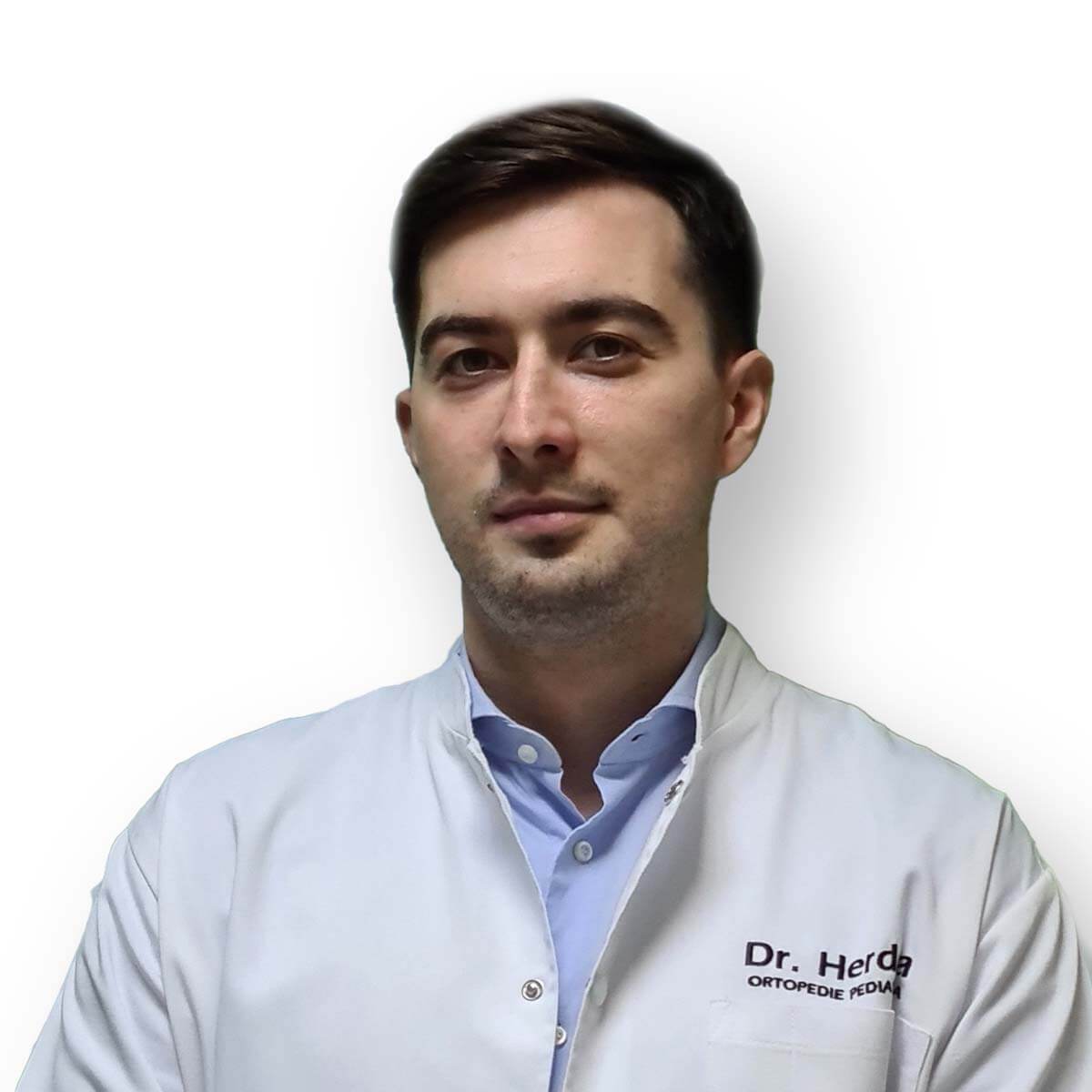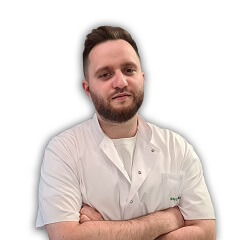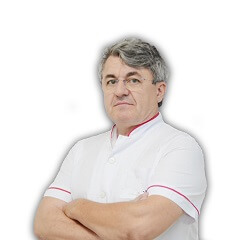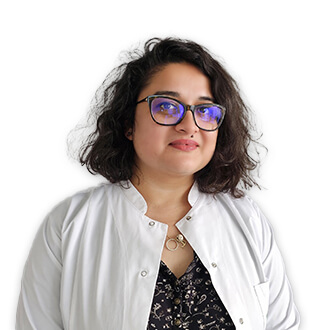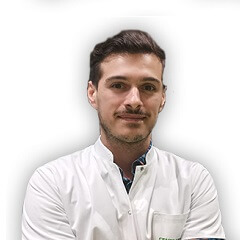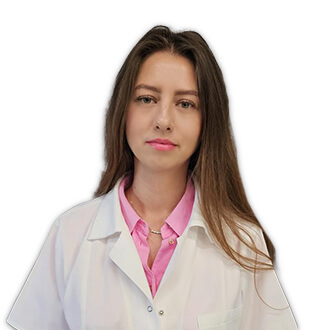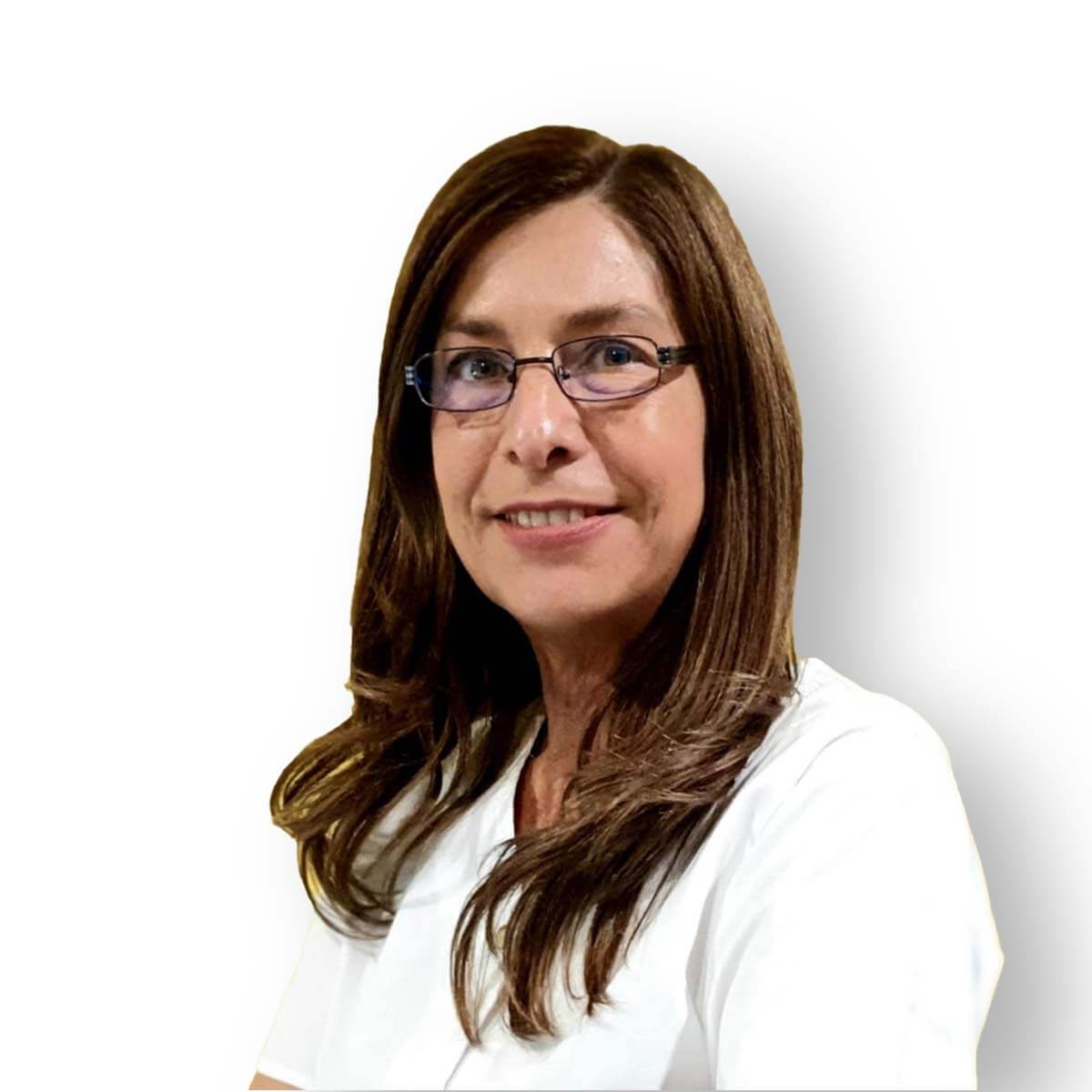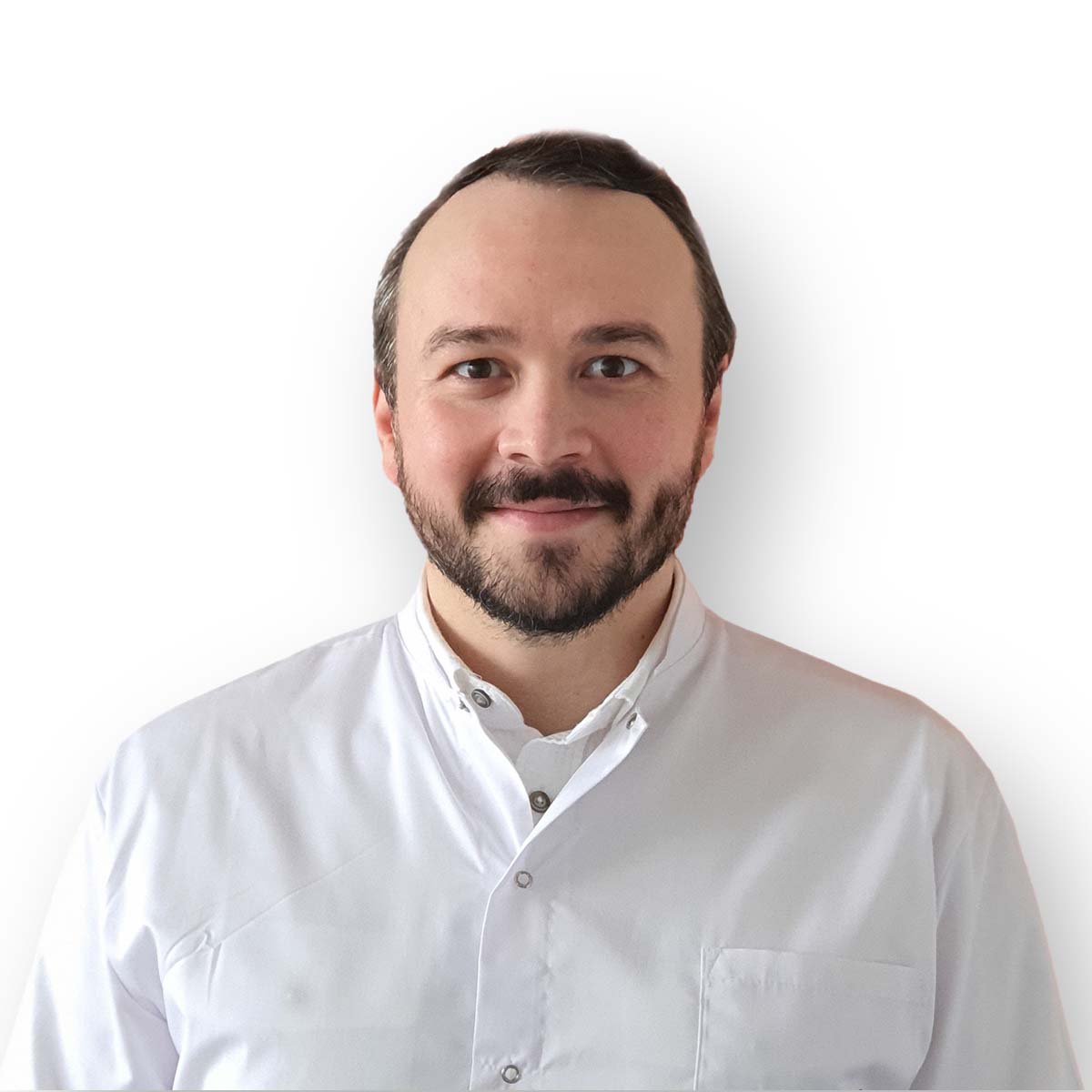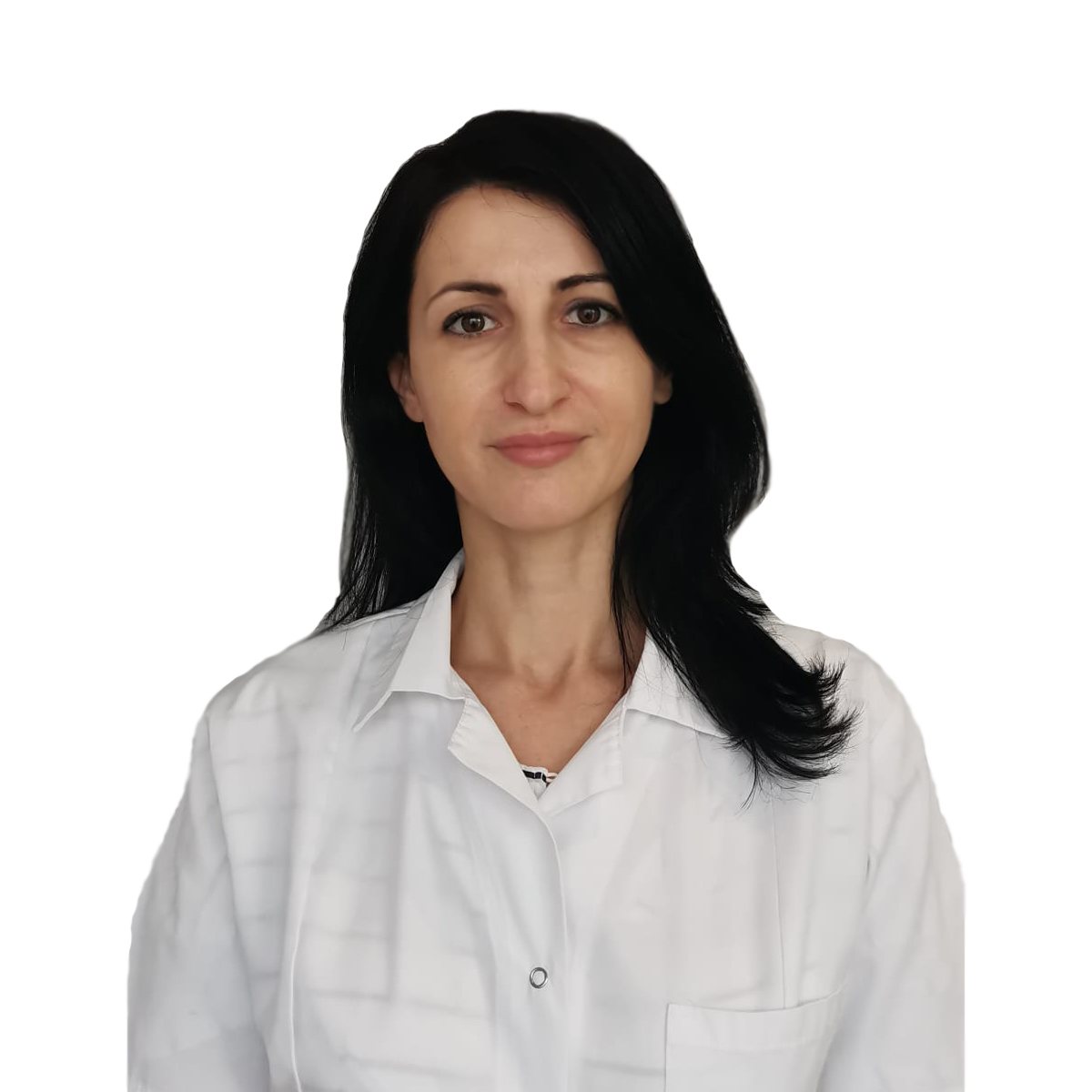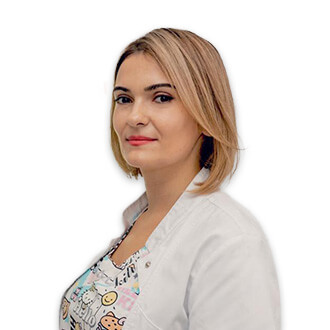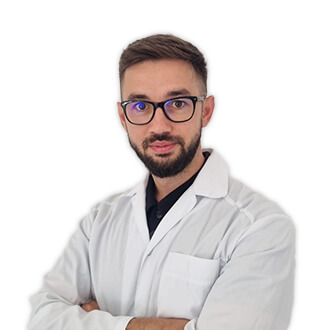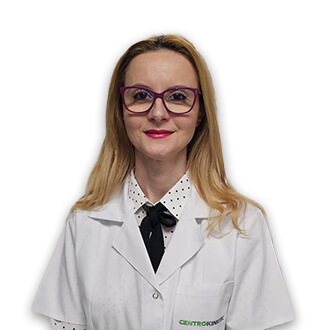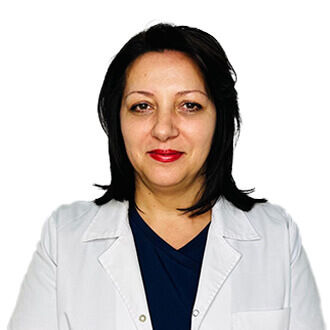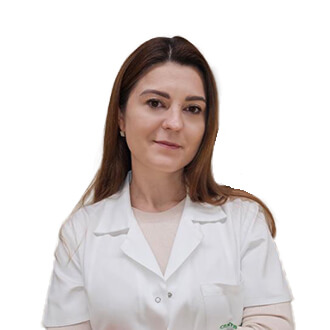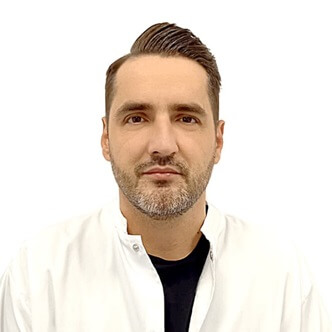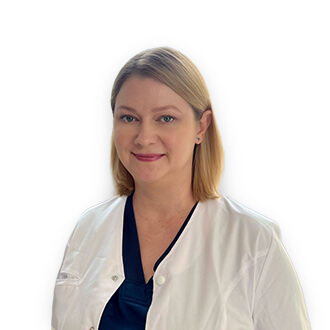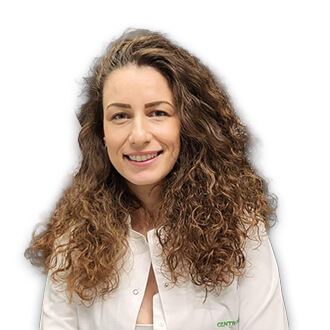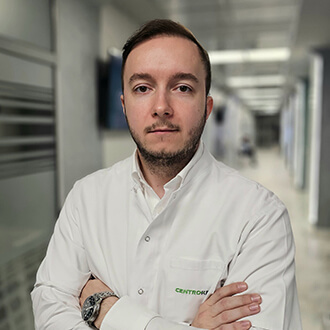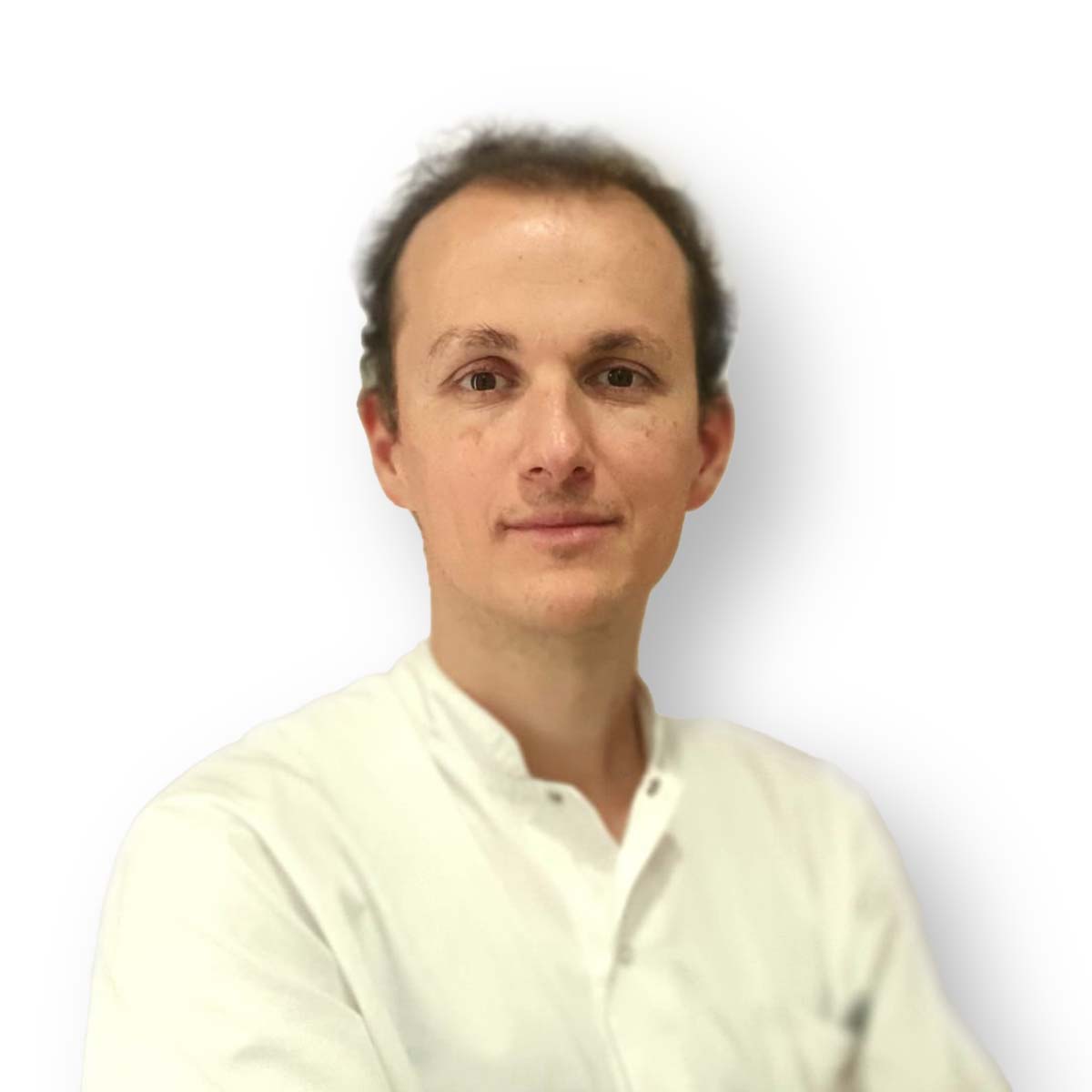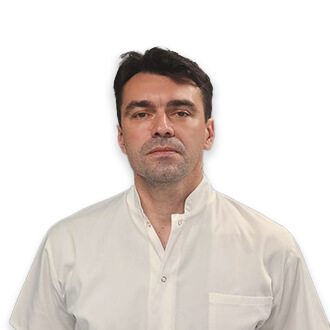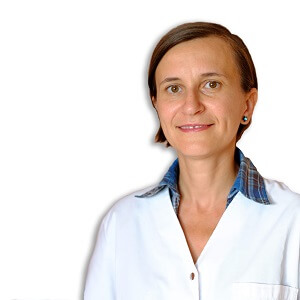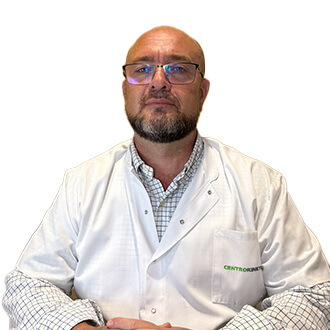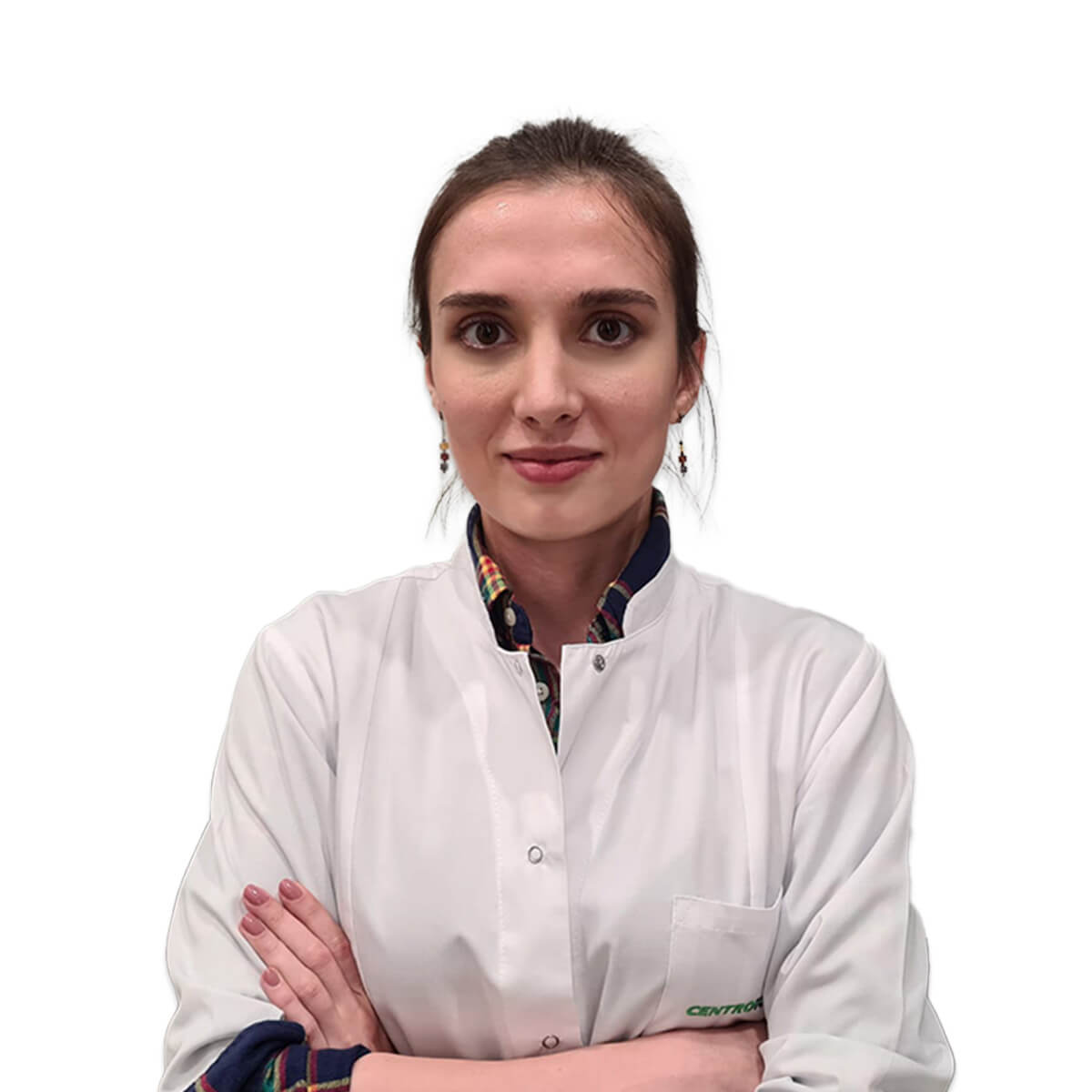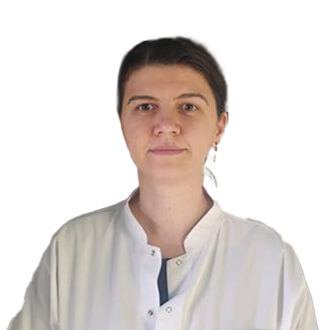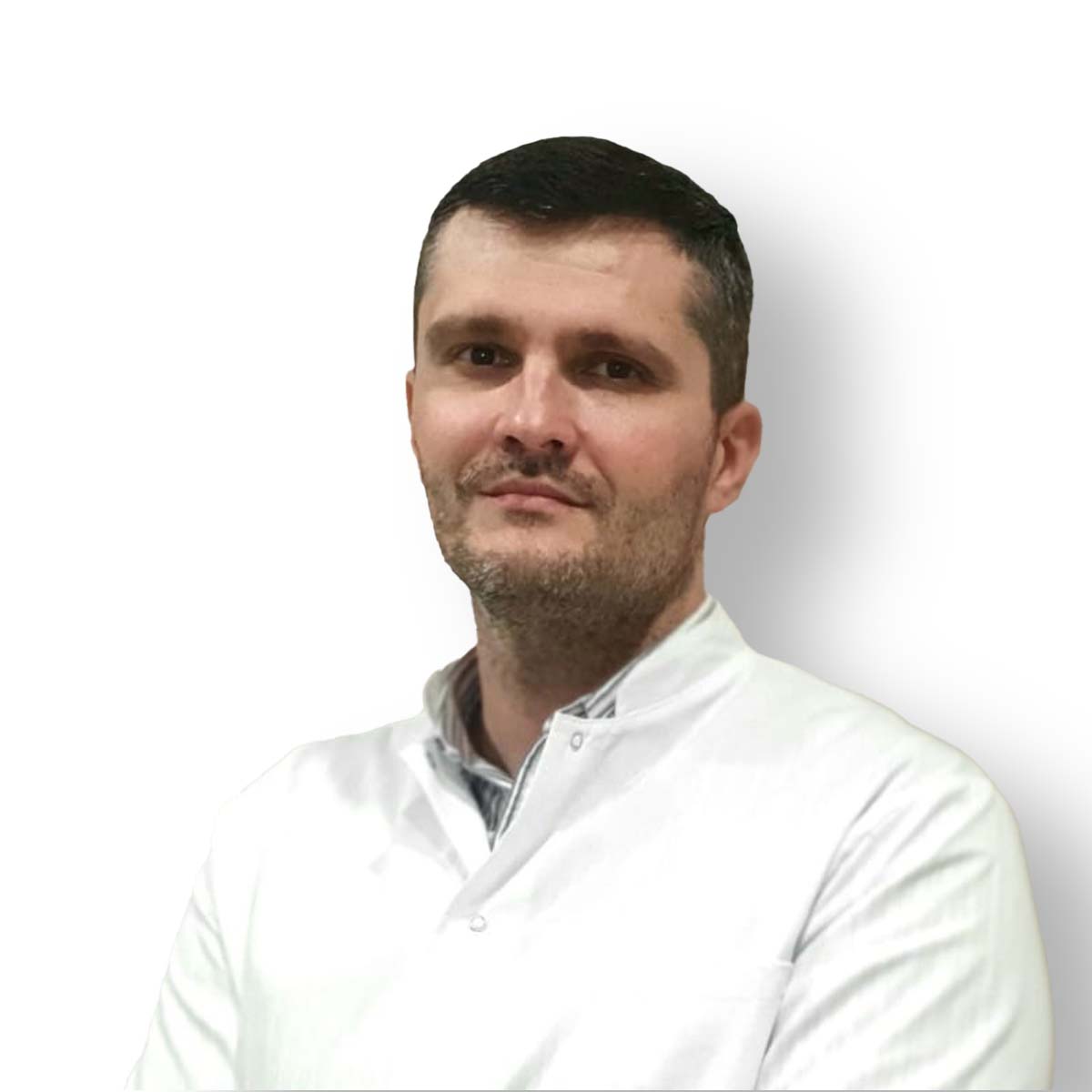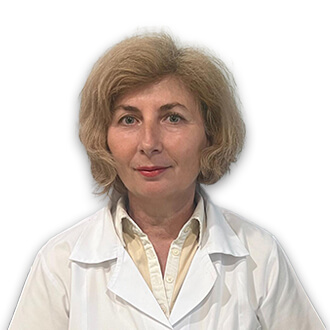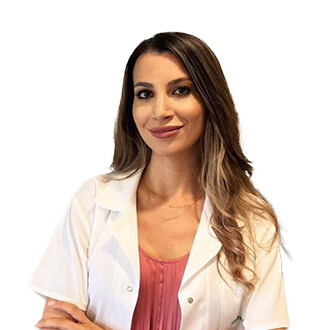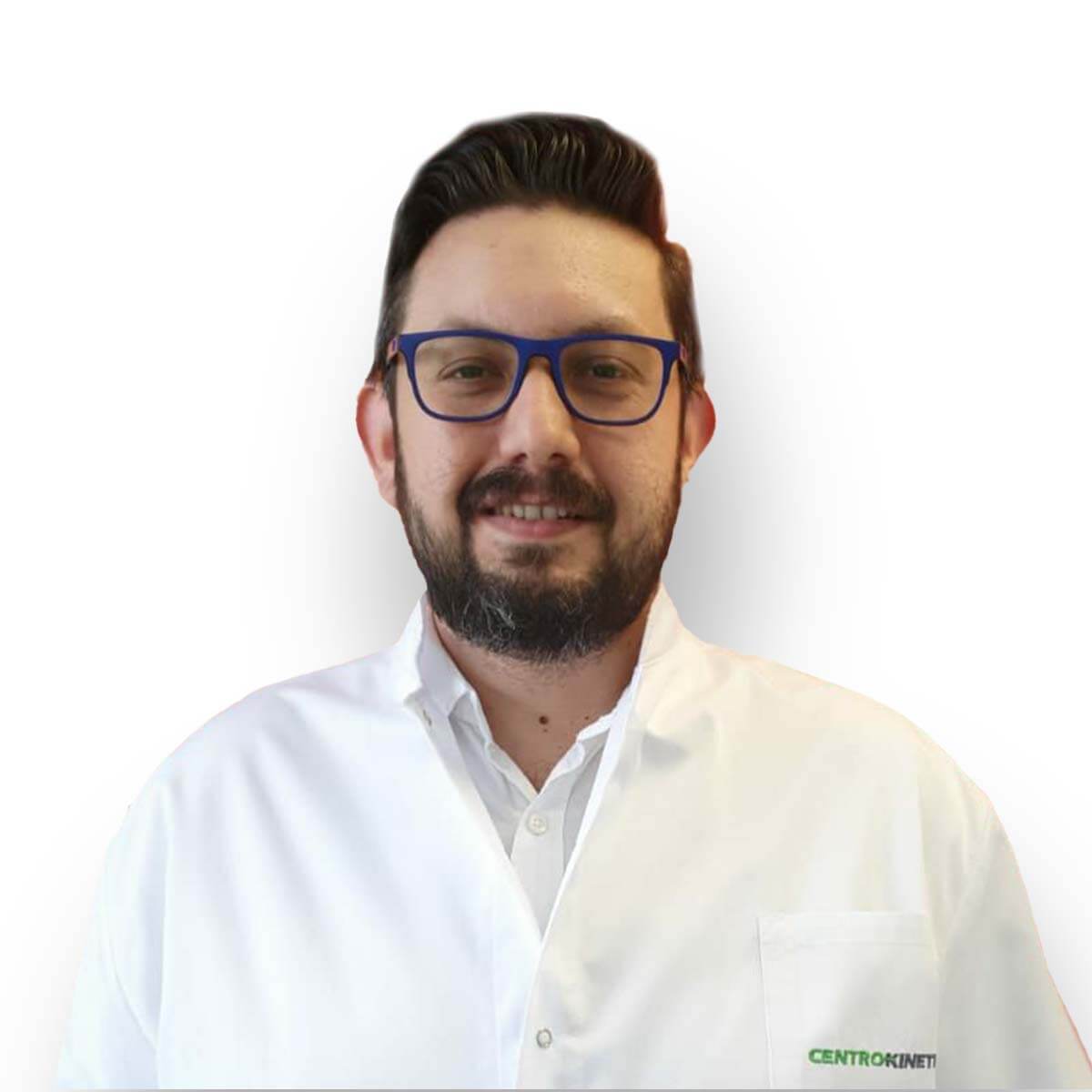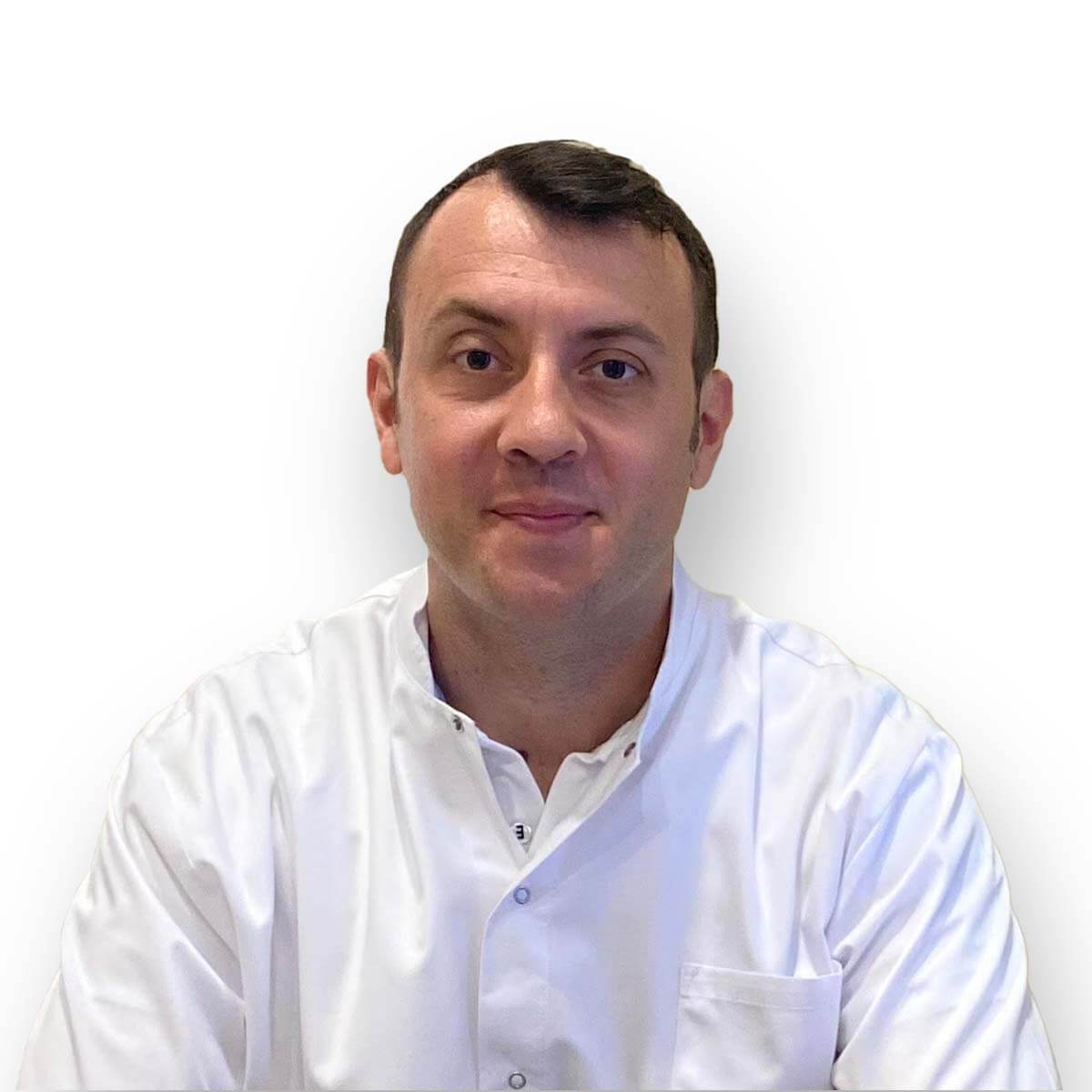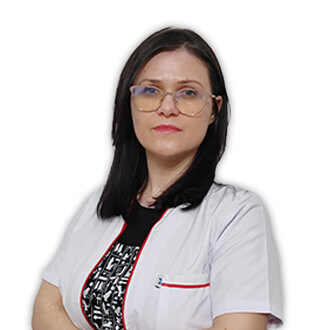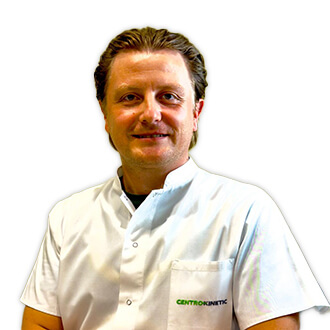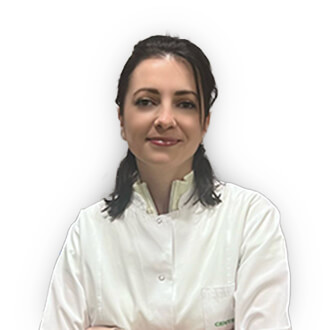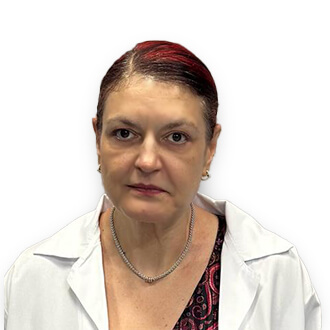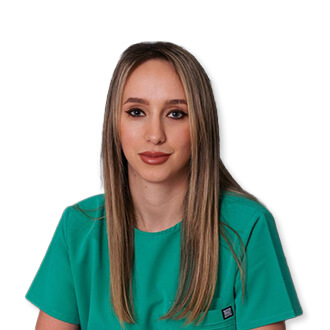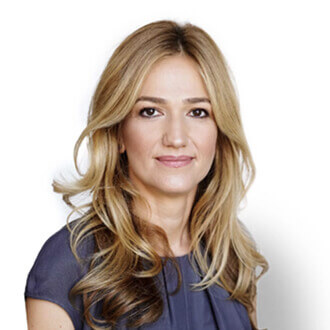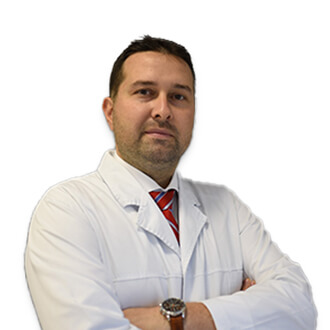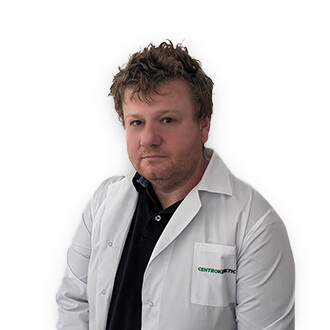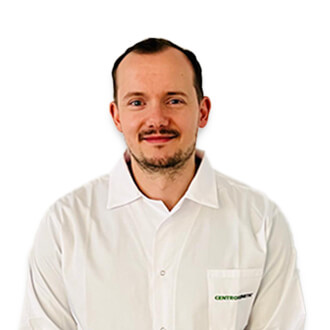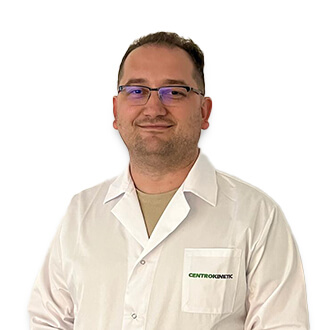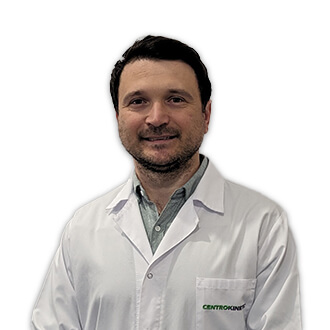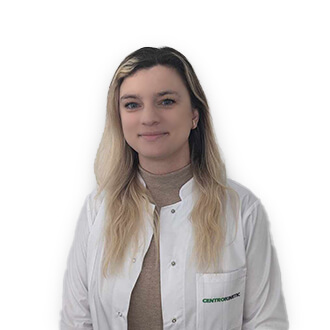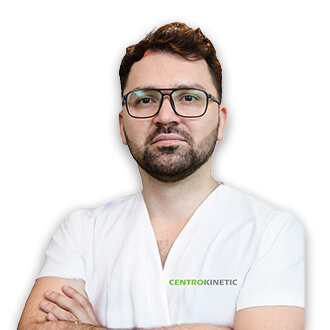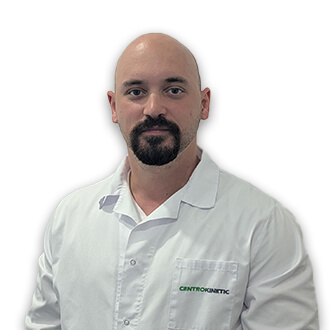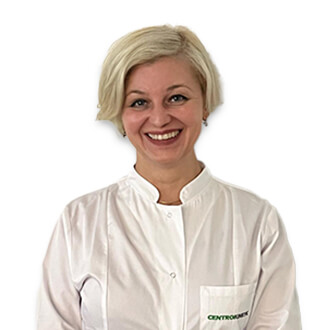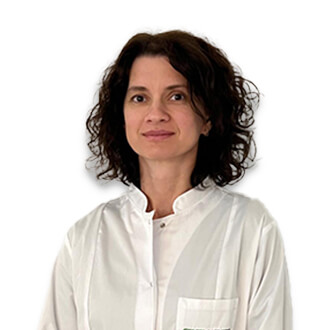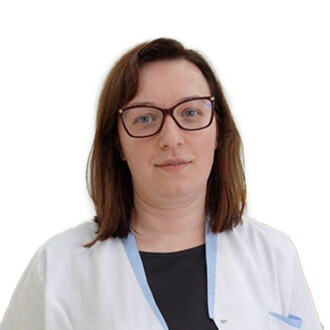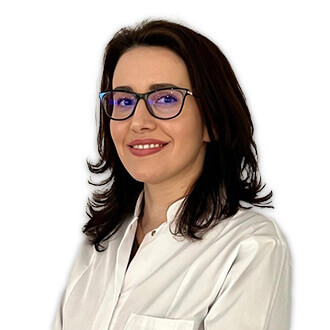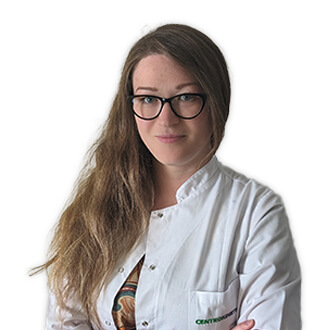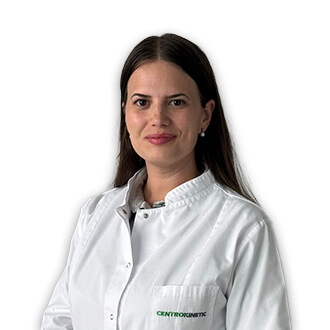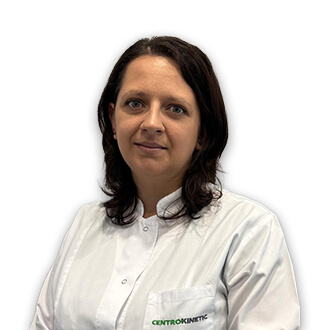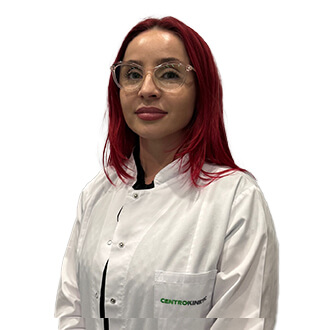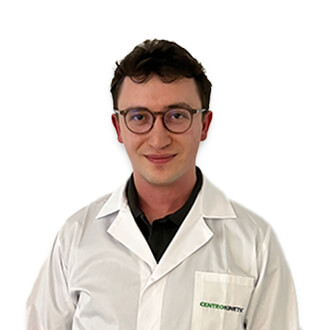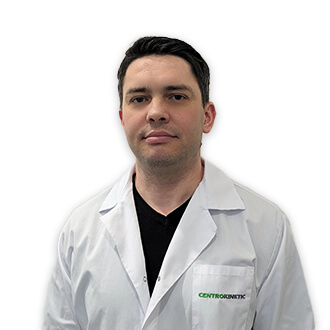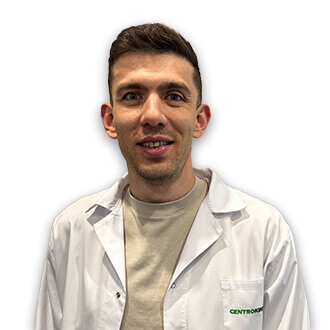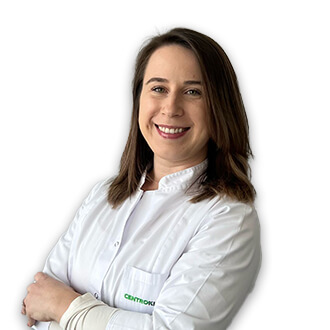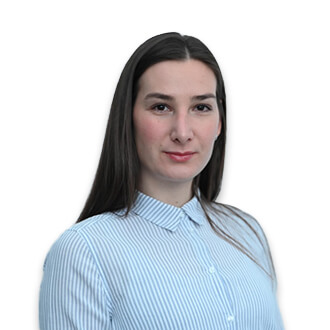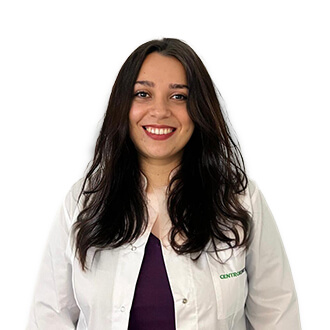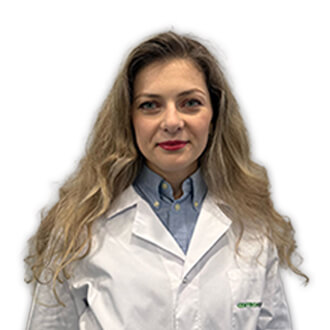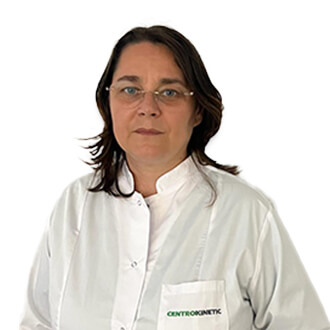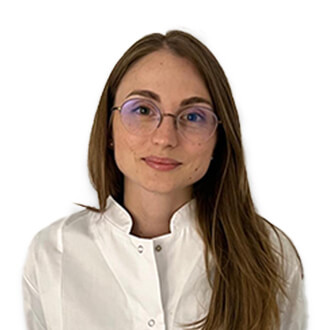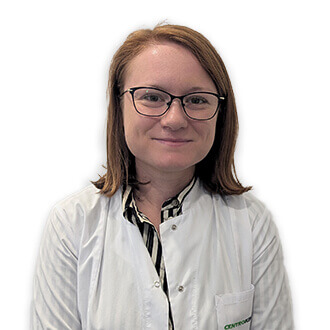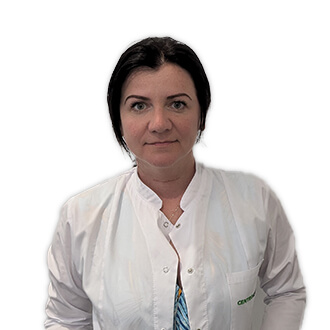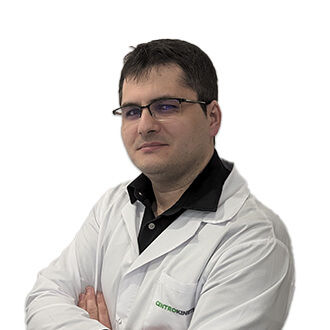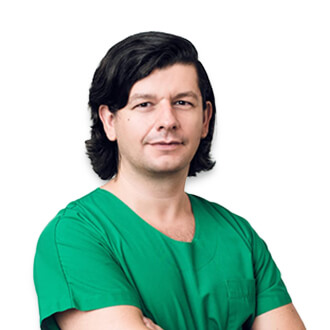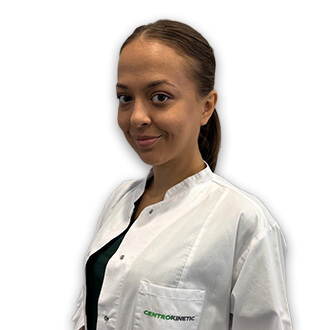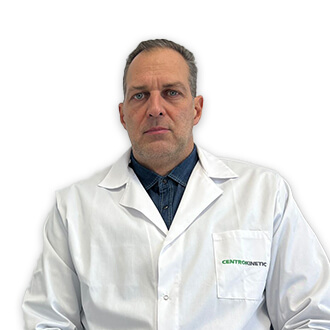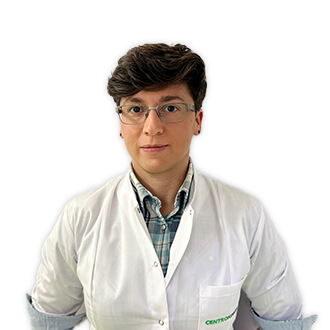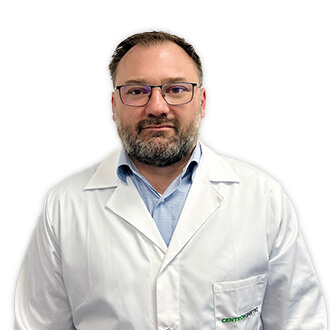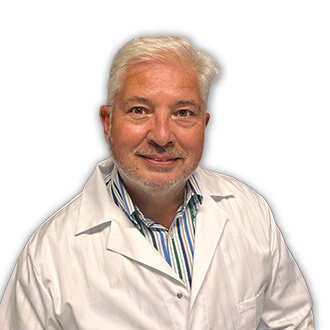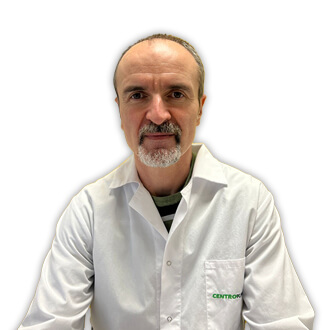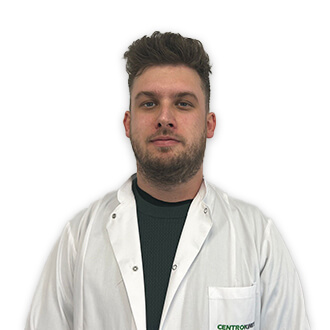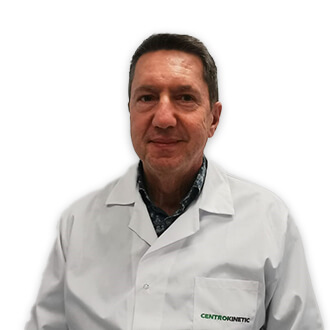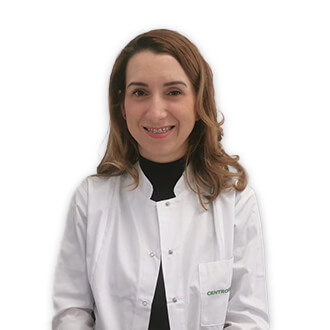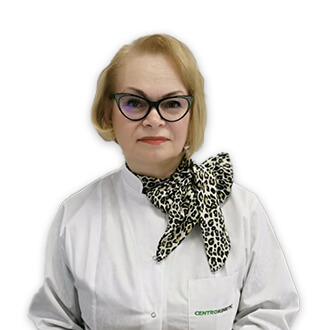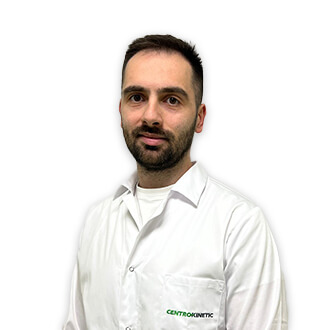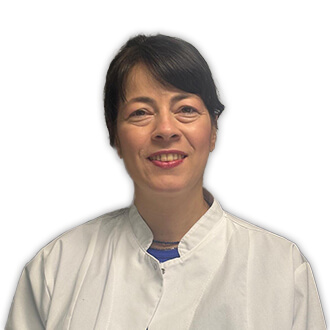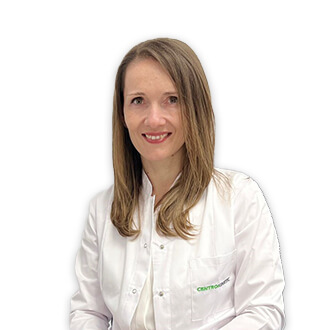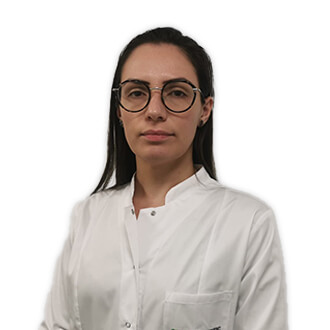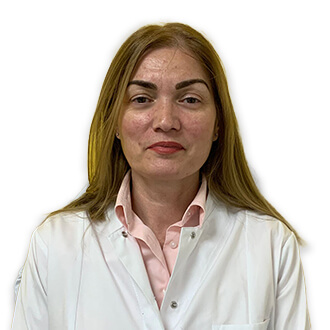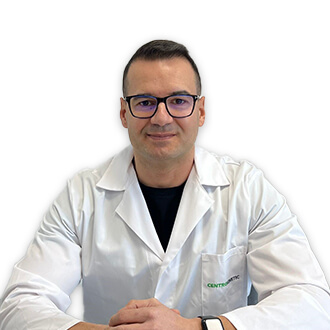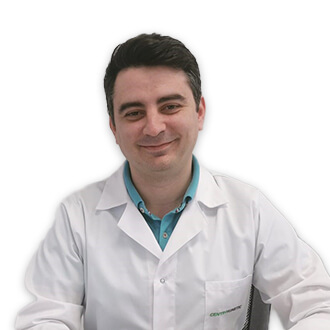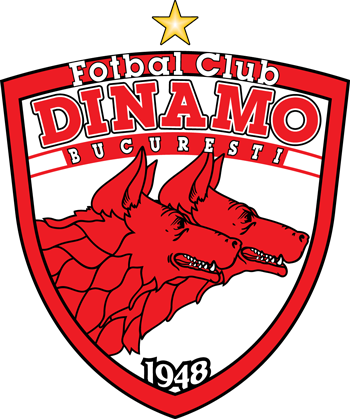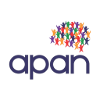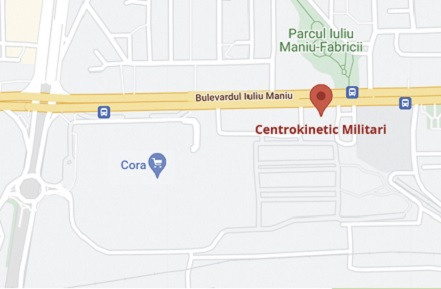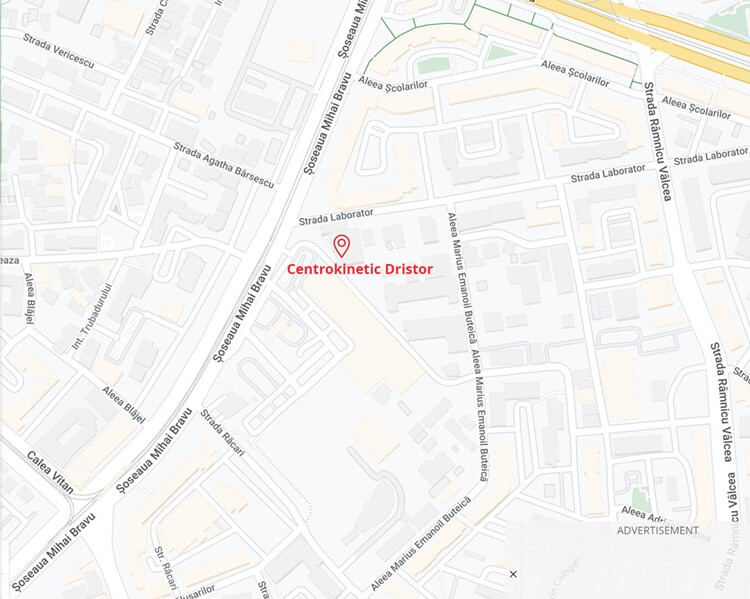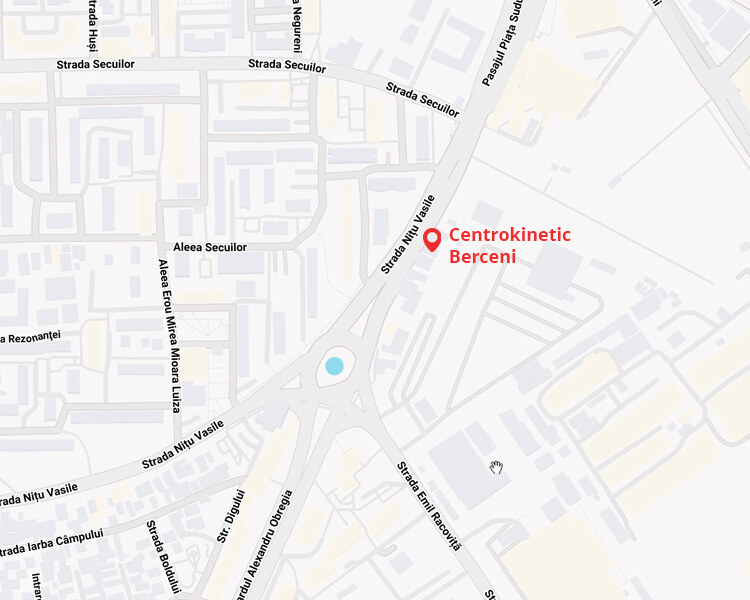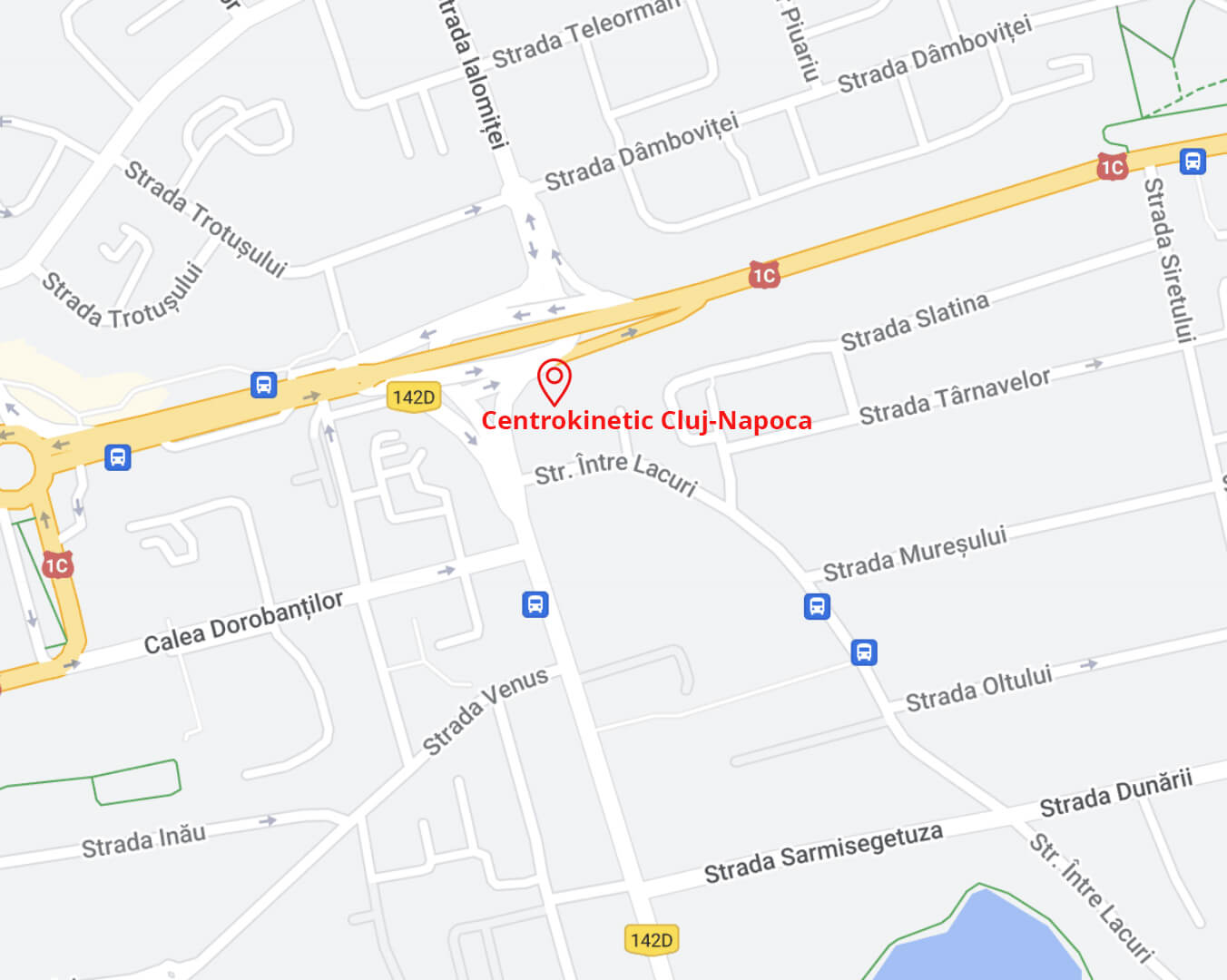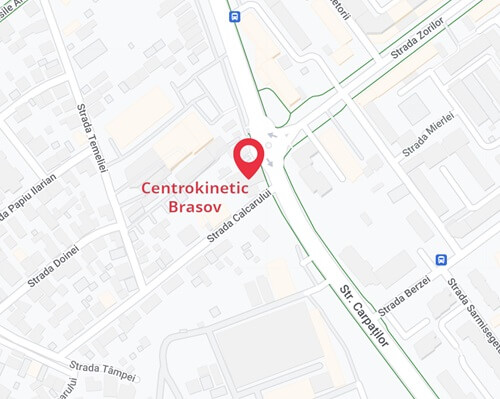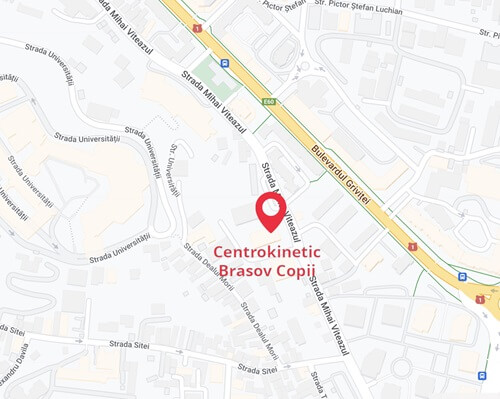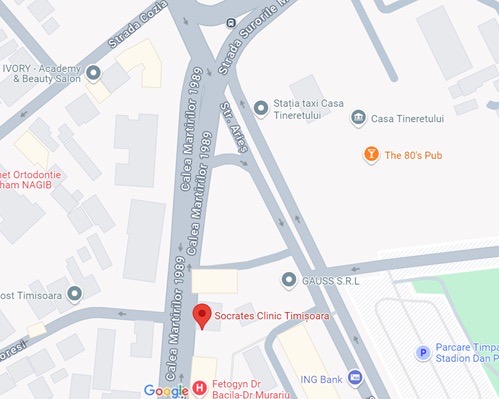See details
READ MORE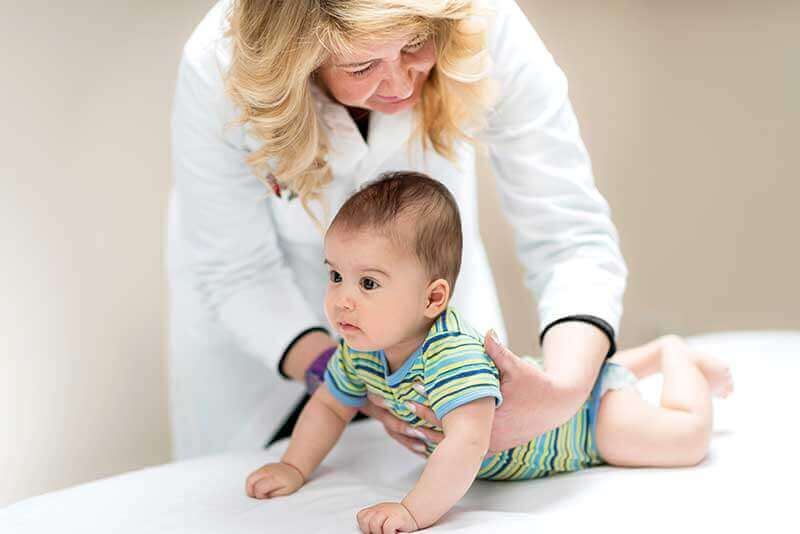
Evaluation of the child's neuromotor development
Starting from the birth history and associated pathologies, our therapists evaluate each child and rigorously monitor the extent to which a child's development coincides with standard stages.
Keep some realistic expectations and guide yourself through the developmental stages below, so you know what's next during your amazing parenting journey.
What to expect from 0 to 6 weeks?
The only way a newborn can communicate is through crying. With "doll" eyes, he can only stare for 2-3 seconds, so the baby cannot make contact with the environment.What to expect at 2 months?
At 2 months of age, the first emotional reactions appear - at the sight of a toy, the child tries to catch it, but the ability to catch the surrounding objects is not yet developed. The only thing he can do with his fingers is holding his hands together. Also, at this stage, the first undifferentiated sounds and vocalizations appear and, one of the most emotional gestures, the first smile!What to expect at 3 months?
The age of 3 months is one of the "milestones" of the stages of neuro-motor development. It is the age at which the child demonstrates that he has maximum stability in terms of head position, the stage at which the "low doll" position appears on the belly - with support on the elbows, the head moves independently in all directions. Hand-to-hand and hand-to-mouth coordination appear, and now the child can catch a toy placed in the center.What to expect at 4 months?
There is the possibility of grasping oriented in the lateral direction - the child can grab objects, especially with his hand from the side where it is (if it is on the midline, it is not possible to decide which hand initiates the movement) when grabbing.What to expect at 5 months?
The infant begins to have a better orientation, is attracted by the heights, and can fix with his eyes objects that he would like to touch. It can be upright (standing) on the hands, but only for a short time.What to expect at 6-7 months?
The baby adopts the position of "tall doll" on the belly, with support on the palms and elbows outstretched, and thus can transfer his body weight from one hand to the other. He rolls from the back on the belly and initiates crawling movements.He adopts the sitting position and a rocking motion back and forth from this position, trying to sit on the side.
What to expect at 8-9 months?
The baby stays stable in the buttocks, walks on 4 paws, and reaches objects by grabbing. He stands up, leaning, but only manages to stay upright for a while - he falls and tries again.What to expect at 10 months?
Learn to walk sideways on the edge of the bed and can imitate syllables.What to expect at 11-12 months?
Holding to the furniture, the baby can make rotating movements. Take the first independent steps, from one object to another. He can't stop, and when he returns he falls into a sitting position. It imitates onomatopoeic sounds and produces the first meaningful syllables, which can even be "mother" or "father".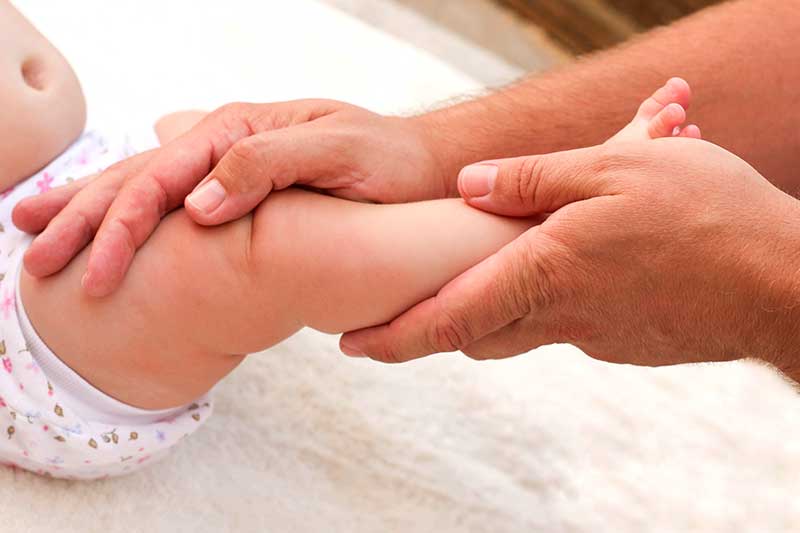
What are we looking for in neuromotor evaluation?
International standards give us the indications of an ideal development, from which we can deviate within certain limits. However, the correlation between the developmental stage, the child's reflexes, and his reactions is essential to "overlook" a small delay. International standards also tell us that if there is a 3-month delay in the child's development, initiating treatment is imperative.
When can the physiotherapy sessions for babies start?
For premature babies, physical therapy sessions can start from 28 weeks of age, and for full-term newborns, from the first month, if there are changes in reactions or if there is a known genetic pathology. In the Specialized Pediatric Medical Recovery Department we are glad to have Ruxandra Tudosoiu in our team. She is overspecialized in Schroth therapy for the treatment of scoliosis, with 7 years of experience, fully involved in recovering patients. We have Sorina Micu, a physiotherapist passionate about working and interacting with children, overspecialized in Schroth therapy, which aims to prevent or recover from disabilities due to some conditions or injuries, Anne Iordanescu , physiotherapist specializing in pediatric rehabilitation and Ana Coman, with over 3 years of experience in this field.
The department covers an area of 100 sq. meters, has ultra-modern equipment and consists of a team of specialists. Besides our 4 physiotherapists, we enjoy the presence of doctors Orlando Marinescu and Tomescu Cezar, pediatric orthopedic doctors, but also of psychologists Elena Florea and Carmen Hotar, specialists who help us in diagnosing children, in developing treatments, psychological counseling of children and parents, speech therapy and social and family integration of all children.
Find the latest news by following the Facebook and YouTube accounts of the Centrokinetic clinic.
Prices
You can find here a detailed list of the prices of individual services. But any correct recovery process is based on a mixed plan of therapies and procedures, customized according to the condition, stage of the condition, patient profile, and other objective medical factors. As a result, in order to configure a treatment plan, with the therapies involved and the prices related to the plan, please make an appointment here for an initial consultation.
SUCCESSFUL RECOVERY STORIES

MAKE AN APPOINTMENT
CONTACT US
MAKE AN APPOINTMENT
FOR AN EXAMINATION
See here how you can make an appointment and the location of our clinics.
MAKE AN APPOINTMENT

